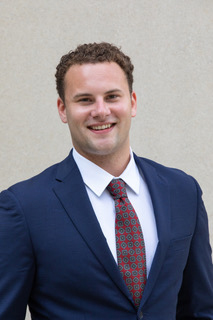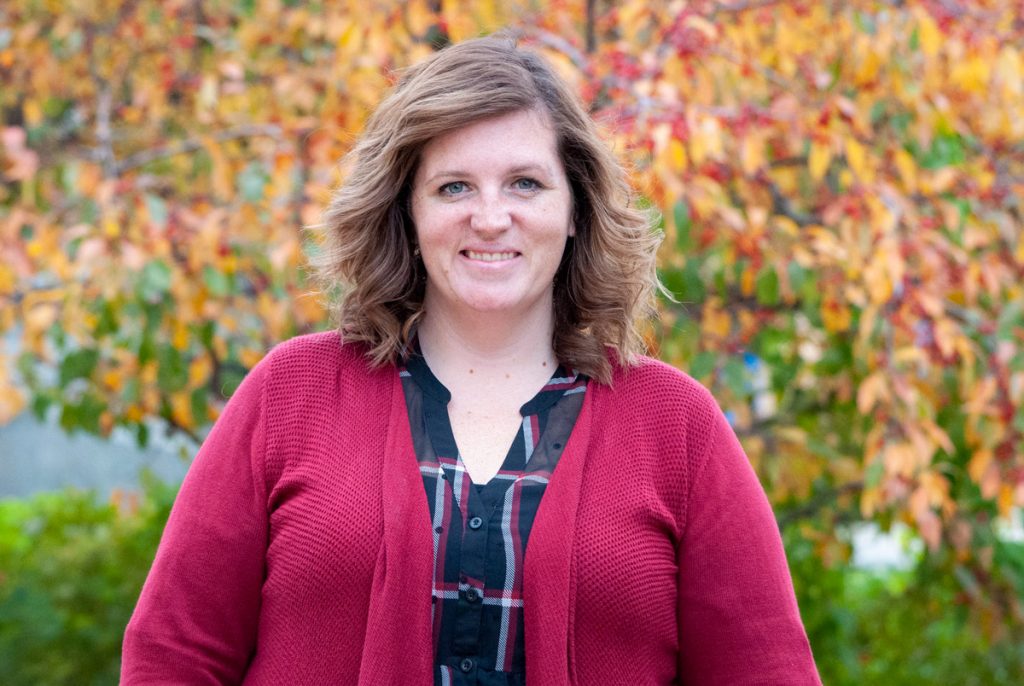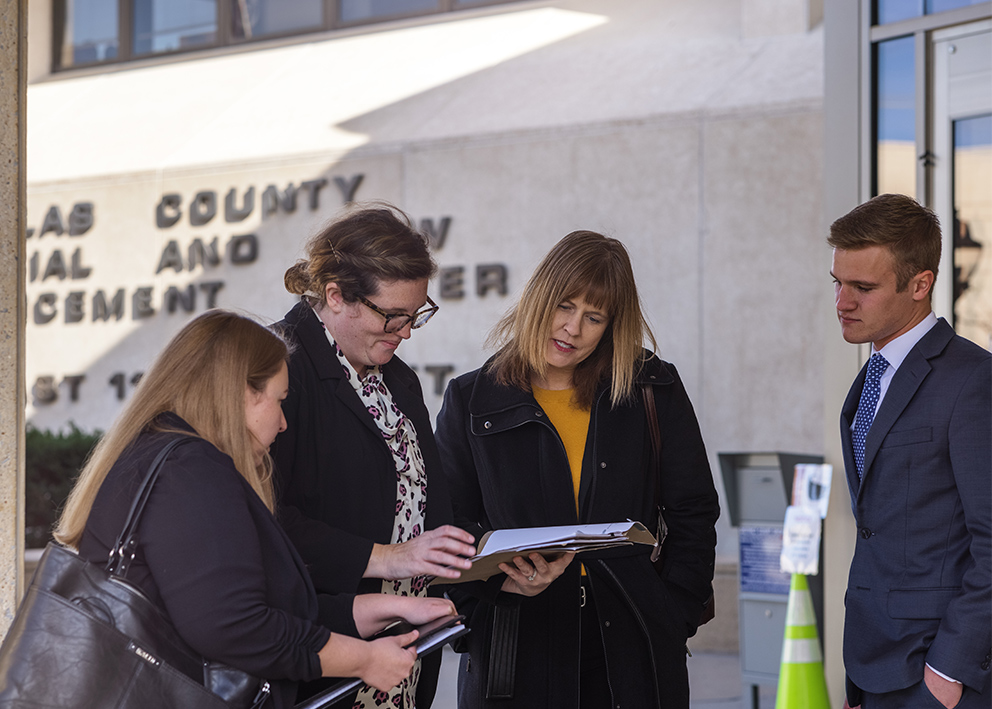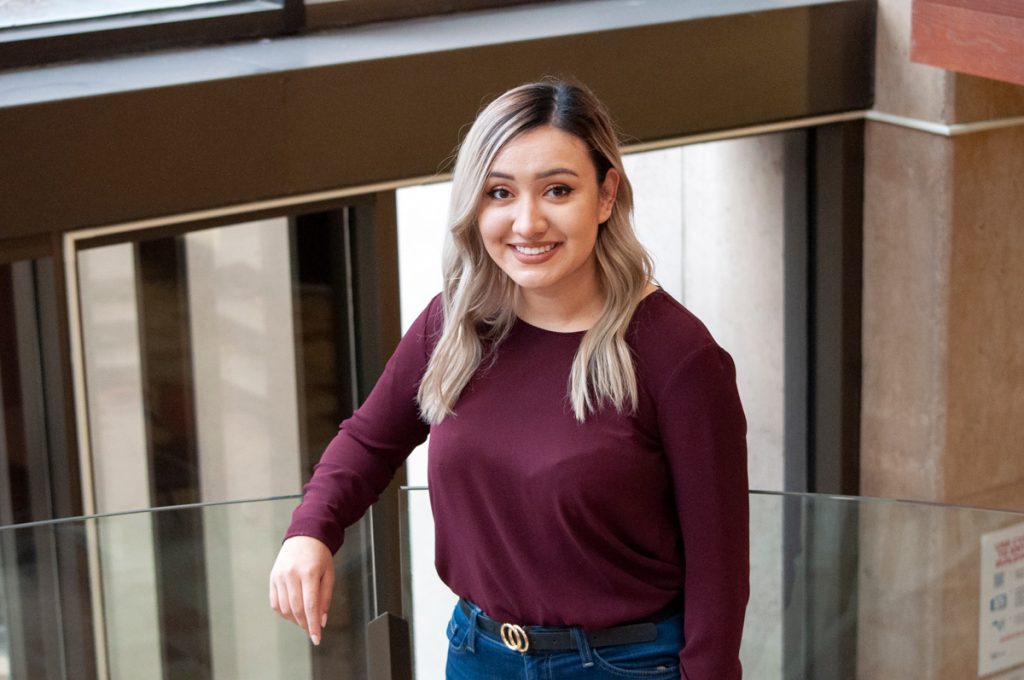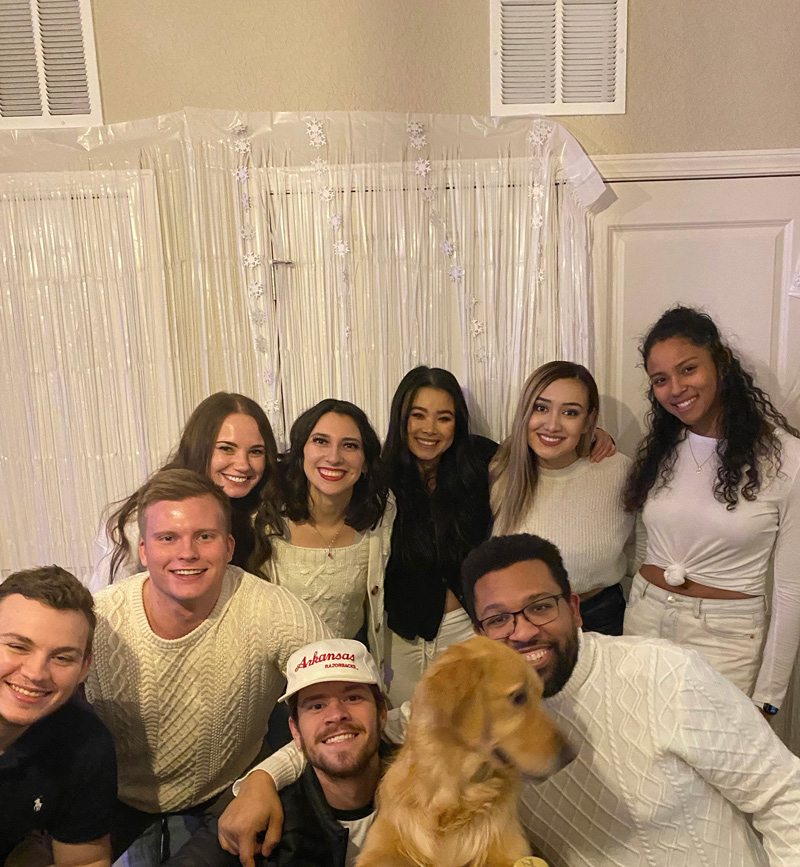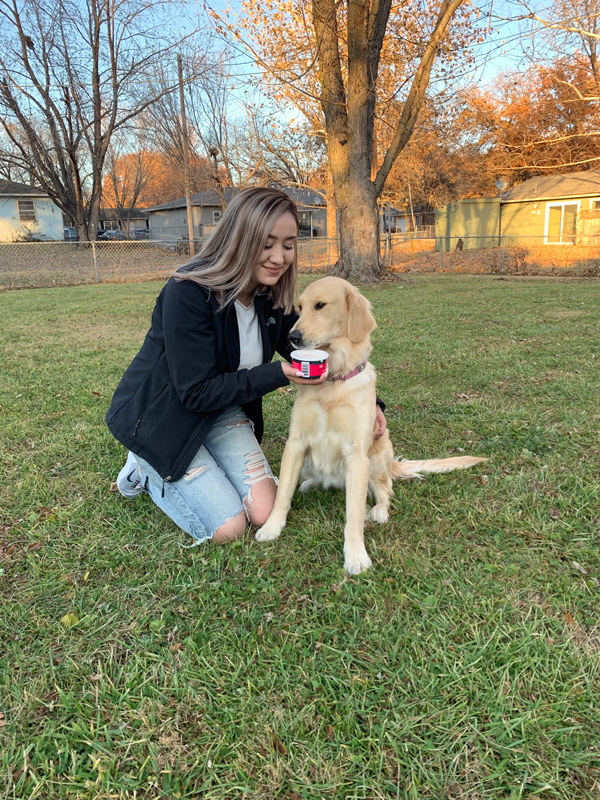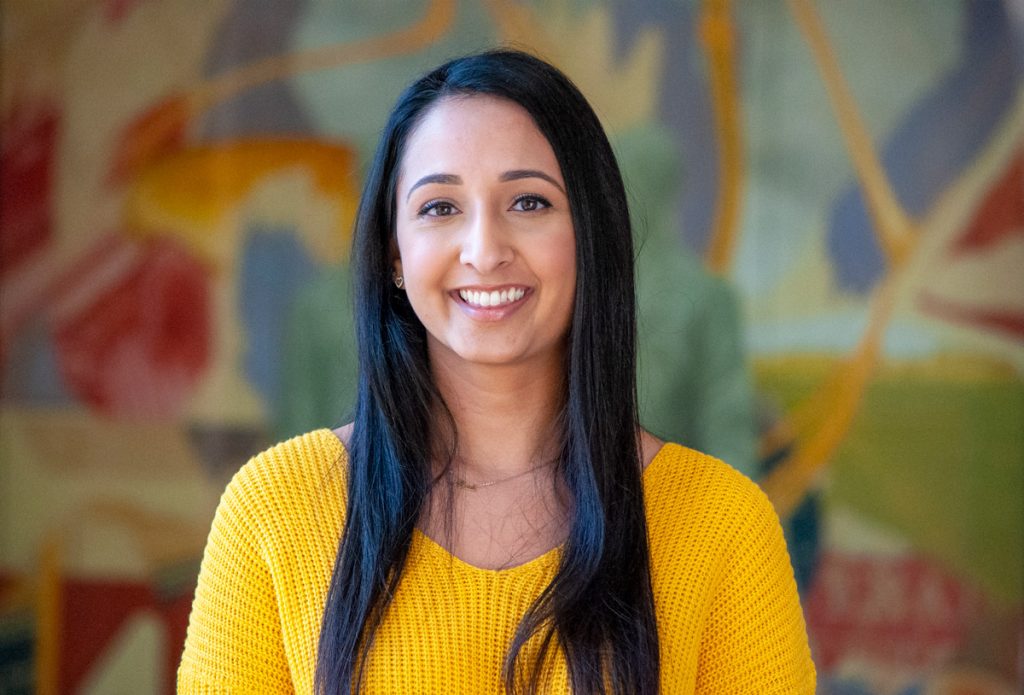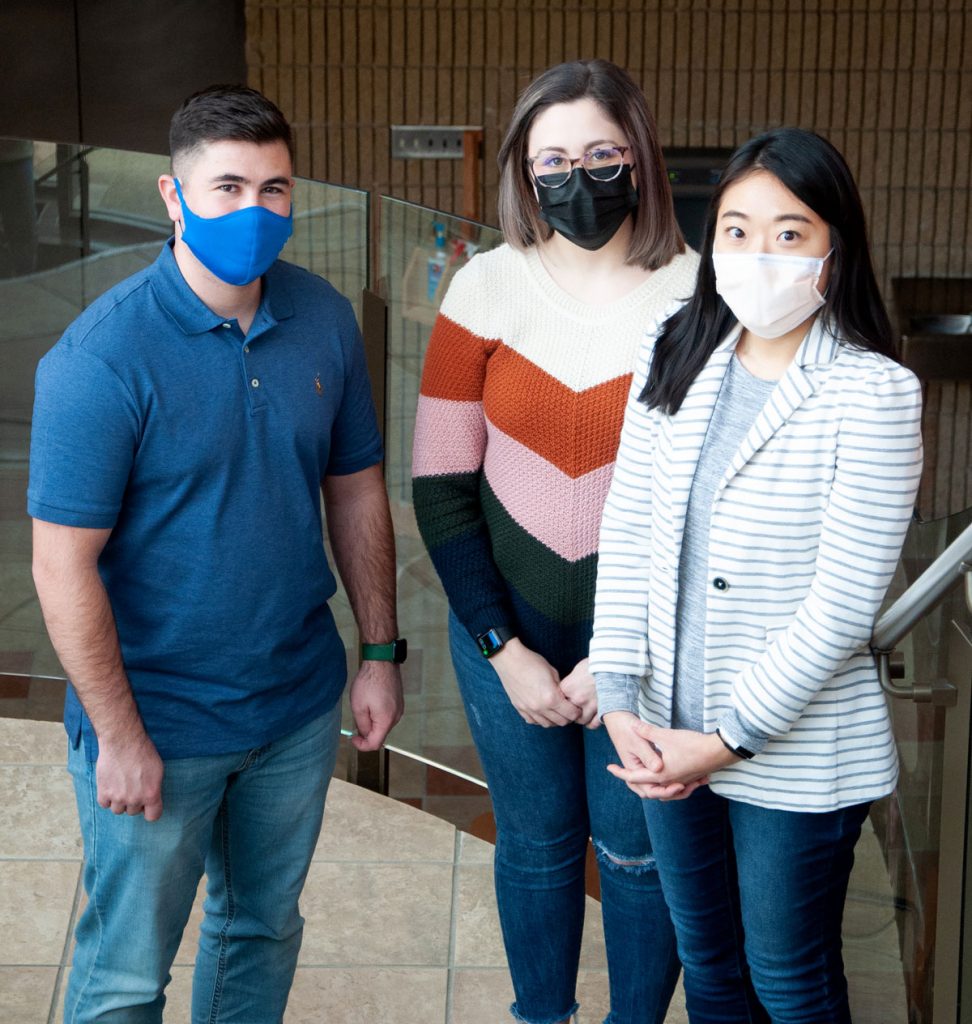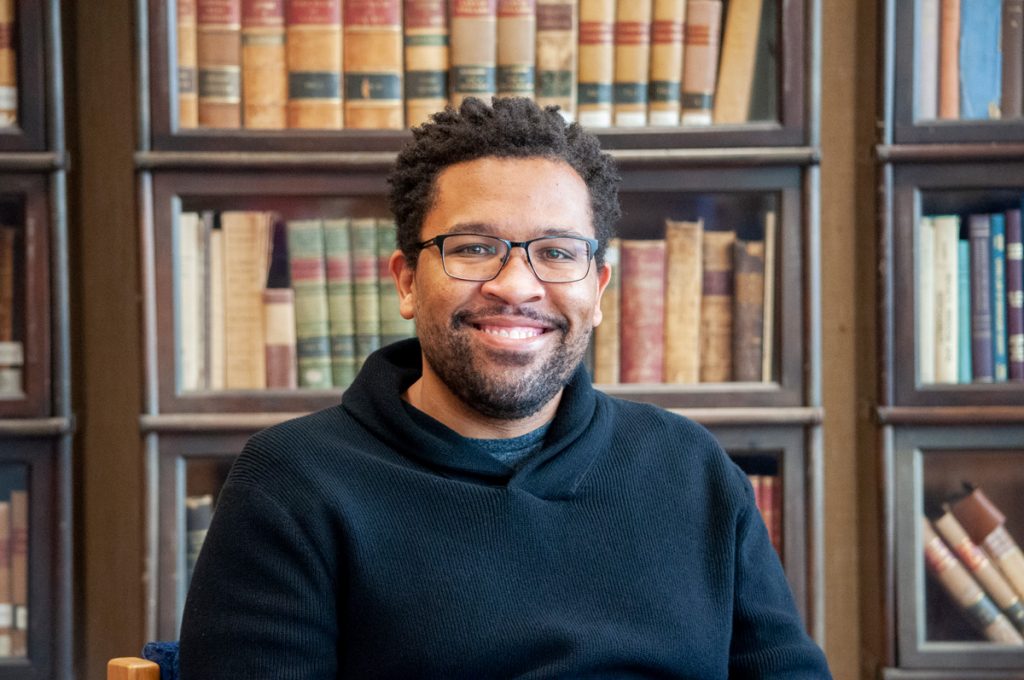I’ve learned a thing or two about prioritizing and staying focused to maximize productivity during my three years of law school. Most of these things I’ve learned the hard way. My hope is to save you from doing the same. These tips are only meant to help, and, as you might’ve guessed, law professors don’t actually hate them.
- Start with the end in mind
Basically, just know what you want to accomplish before you start–so much easier said than done, but it is mission critical. You need to know where you’re going before you start. This is the basic premise of the adage work smarter, not harder.
Make a plan that outlines what you want to accomplish and puts your goals in focus. Stick to it. Recalibrate when necessary–it will be necessary more than a couple times.
Dr. Stephen R. Covey, the leadership expert I shamelessly ripped this off from, says, “People are working harder than ever, but because they lack clarity and vision, they aren’t getting very far. They, in essence, are pushing a rope with all of their might.” Don’t be one of these people.
- Take a B R E A K
Taking time away from your studies to maximize productivity seems counterintuitive, I know. The caricature of grind culture purports that putting your head down, eliminating all distractions and working until the job is done at all times is the best and only way to operate. In the context of law student productivity, this is misleading at best and flat wrong at worst.
If you find yourself spun out on a legal concept, take a break. There are few areas of the law that are inherently complicated when taken in digestible bites–calling you out, rule against perpetuities.
To be productive in law school means, in large part, to be learning. Good luck retaining any information if you never stop working.
- Don’t fear failure
There is a direct, positive relationship between failure and success. Failure is unavoidable when it comes to growth; some of our greatest moments of growth arise from our greatest failures. Boneheaded mistakes can be avoided by exercising judgment, but what constitutes a “boneheaded mistake” will change over time.
Judgment comes from experience, which comes from time. Time isn’t necessarily on your side as a law student, particularly when starting out, so don’t be too hard on yourself. Failure is a bruise, not a tattoo. Just roll with the punches, learn to fail faster and smarter.
In the words of Sahil Bloom, “Don’t be afraid to get punched in the face…Getting punched in the face builds a strong jaw.”
- Fall in love with the process
Prioritize the process, not the results. Results are what any process is all about, so it’s logical to want to put results first. But being absorbed with results and not as interested in the process will make persevering even more difficult when times inevitably get tough.
Law school is three years of hard work that will not necessarily produce tangible results like work in the outside world might. Three years is a pretty long time by any measure, which makes enjoying the process so much more important.
Take note of all the neurotic, mega-rich people out there who seem to have it all. Assuming they worked tirelessly for the mass wealth they have now, you would think that wealth (aka, the results) would elicit a great sense of fulfillment. Why doesn’t it? Maybe results are overrated.
–By Andrew Arbuckle, a 3L from Mulvane, Kansas and KU Law Student Ambassador
